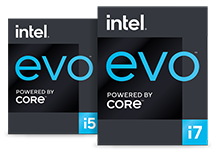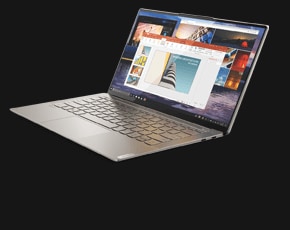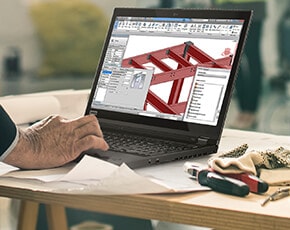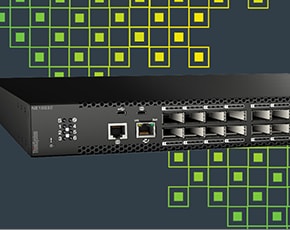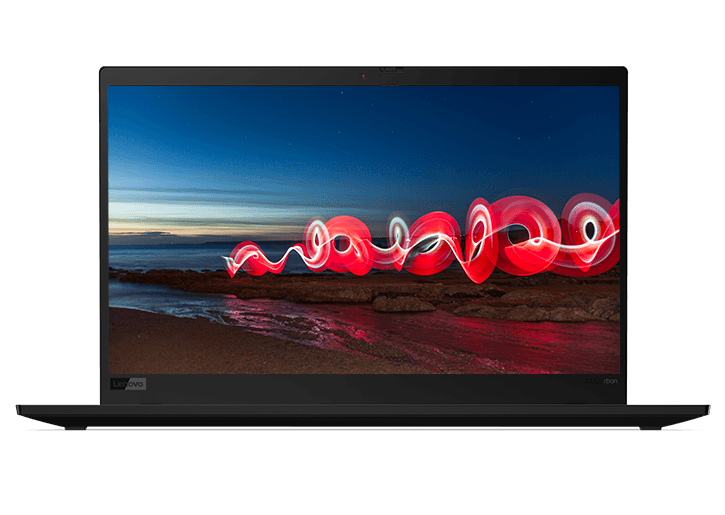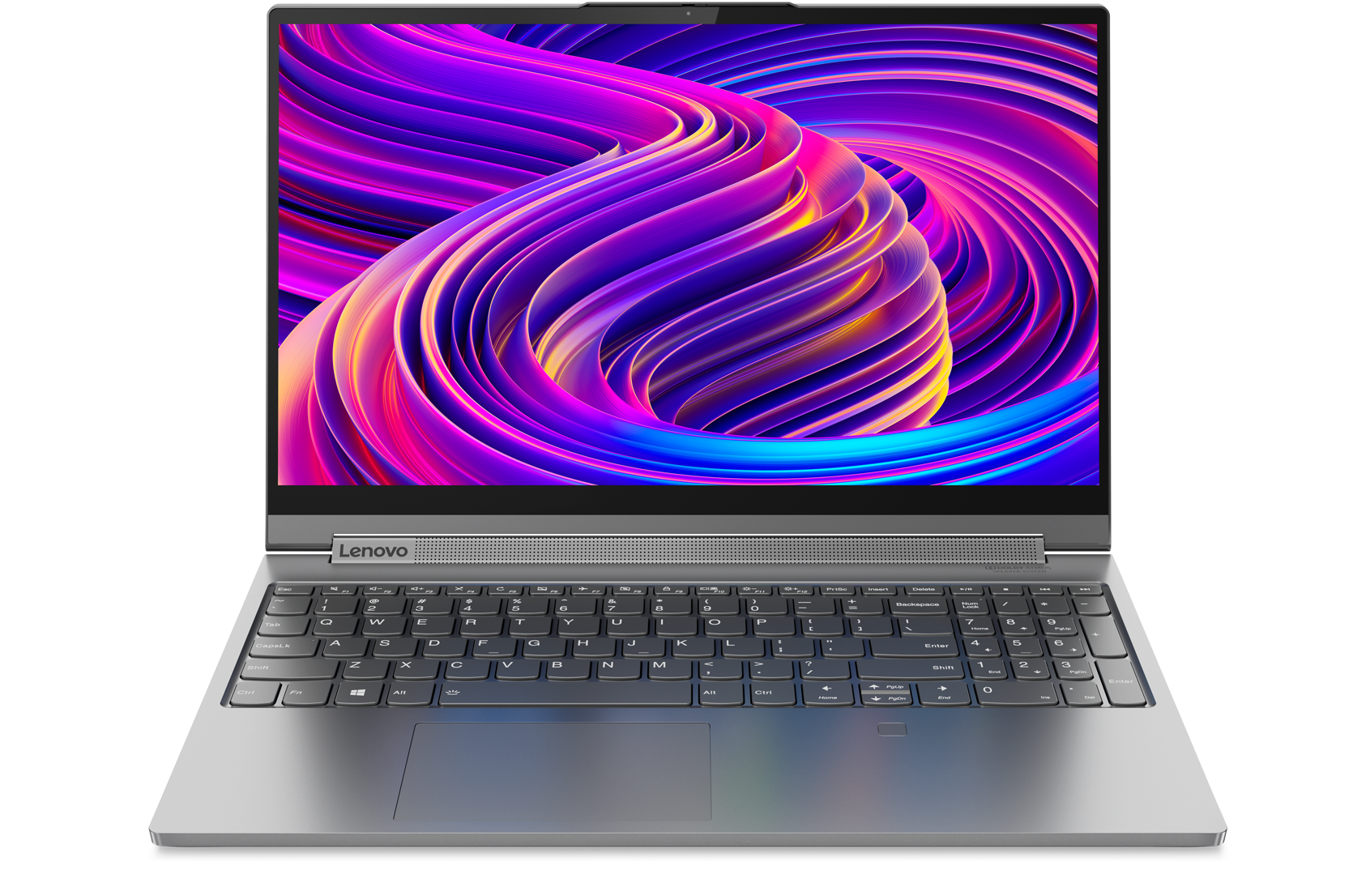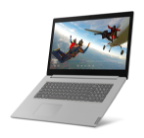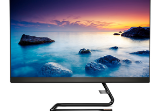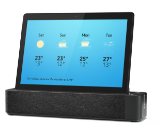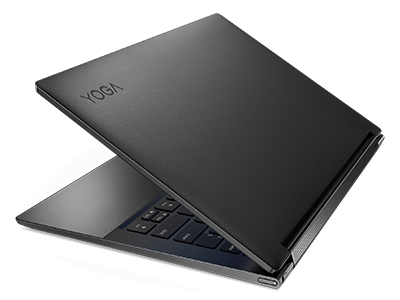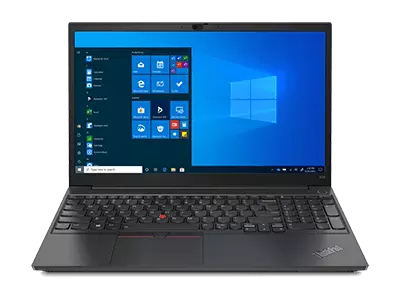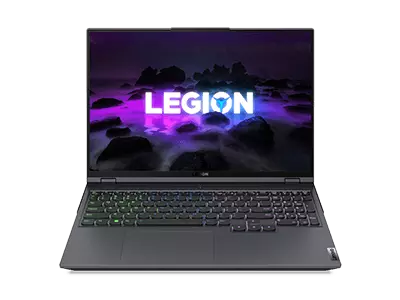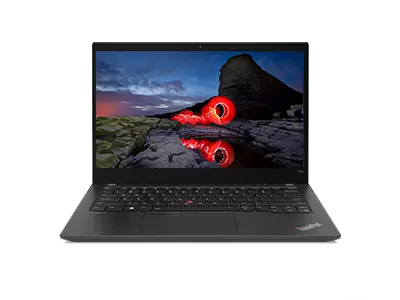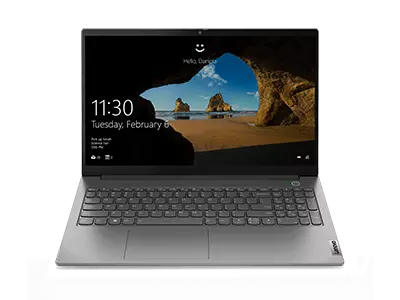What is a Netbook?
A netbook is a device that can perform the majority of the functions of a desktop or laptop, but is extremely mobile. Netbooks look like miniature laptops, with screens rarely exceeding 10 or 12 inches. Netbooks have been around since 2008 (although there are some disputes regarding what actually constituted the first netbook) and are generally characterized by a distinct dependency on connecting to a network, or the highlighted ability to connect to a network.
Since their inception, netbooks have undergone a significant number of changes and have taken on many different forms. Everything from the One Laptop Per Child (OLPC)– a very cheap, durable netbook produced specifically for children in third-world countries—to the sleek, hip Google Chromebook can be considered a netbook.
The netbook reigned the economical mobile market for some time, particularly amongst users who primarily purchased the devices for Web browsing on the go. Network service providers offered plans for data cards so users could plug into the netbook and browse directly on a mobile device network. Many tech blogs noted the netbook’s revolutionary impact on mobile browsing and highlighted the device as a game-changer to the laptop industry.
In 2011, tablet computers surpassed netbook sales for the first time. However, tablets often still do not possess the same functionality, comfort and flexibility offered by netbooks.
What is a Netbook good for?
As previously detailed, netbooks are primarily mobile Web browsing tools. They do not have some of the functionalities offered by a desktop or laptop, like advanced or heavy design programming or gaming. However, because they offer connectivity to the Internet and the most pertinent productivity tools, such as word processing, calculations and the like, they are actually excellent budget computing options, educational tools and mobile workstations.
Netbooks prove ideal for students. They’re cheap yet durable, and their basic functionalities make the device a distraction-free, practical learning tool that students can easily carry around. From elementary school to college, students will find netbooks are easy to manage, organize and perform school-related tasks.
More and more, school districts throughout the country are issuing netbooks to students. School-issued netbooks give a level playing field to all students for garnering 21st century computing skills required of them in today’s tech-savvy working world.
Likewise, busy businessmen and women who are constantly on the go could benefit greatly from a netbook. Tablets can sometimes be difficult to work on, especially when putting together a business presentation or remotely complex assignment. However, a netbook’s familiar layout and relatively advanced functionality make it an ideal mobile workstation. Additionally, and unlike laptops, employers can provide netbooks to employees economically, while maintaining a secure fleet of devices for work-only uses.
What is in store for the future of Netbooks?
While tablets are becoming more popular, they have their limitations. As noted above, netbooks are an economical and productive means to educate students and move businesses forward. New microchips, software and network connectivity capabilities will only bolster netbooks’ potential reach and productivity thresholds. Their mobility, in particular, and their connectivity, in general, make them ideal for the dissemination of information and technology in the developing world as well as educating a 21st century workforce at home
